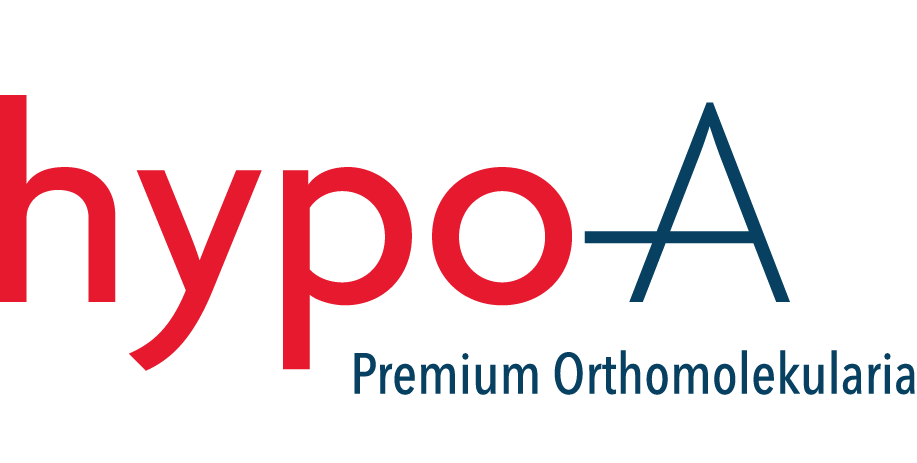To the B vitamins group belong Vitamin B1, Vitamin B2, Vitamin B3, Vitamin B5, Vitamin B6, Vitamin B7 (Biotin), Vitamin B9 (Folsäure) und Vitamin 12.
Vitamin B1
| Funktion von Vitamin B1 | Vitamin B1 ist ein wasserlösliches Vitamin, essenziell, wichtig für den Energiestoffwechsel und zahlreiche Stoffwechselvorgänge sowie für die Reizleitung im Nervensystem |
|---|---|
| Aufnahme-Empfehlung von Vitamin B1 pro Tag | Frauen 1 mg/Tag, Männer 1,2 mg/Tag (nach DGE) |
| Vorkommen von Vitamin B1 | Weizenkeime, Schweinefleisch, Innereien der meisten Tiere, Wurstwaren, einige Gemüsesorten wie Erbsen und vollkornhaltige Getreideprodukte |
| Vitamin B1 - Mangelerscheinungen | Die typische Vitamin B1-Mangelerscheinung ist Beriberi (oft als kombinierter Thiamin- und Proteinmangel, Appetitlosigkeit, Reizbarkeit bis hin zu Störungen der Herz- und Muskelfunktion) sowie das Wernike-Korsakoff-Syndrom (Nervenentzündung, Muskelschädigung, Enzephalopathie), das durch Alkoholmissbrauch entsteht |
| Hauptwirkung / Organsystem von Vitamin B1 | Entgiftung, Nervennahrung, Blutbildung, Leberfunktion, Schleimhautschutz, Darmfunktion |
| Dosierungen von Vitamin B1 in der orthomolekularen Medizin | Bis zu 600 mg am Tag (in Form der Vorstufe Benfothiamin), abhängig vom Anwendungsgebie |
Links concerning vitamin B1
Vitamin B2
| function | recommended daily dosage | sources |
|---|---|---|
| water soluble, essental, important for many metabolic processes | women 1,2 mg/day, men 1,4 mg/day (according to DGE) | milk and milk products, wholemeal products |
| <B>deficency symptoms</B> | <B>main effect/apparatus</B> | <B>dosages in ortomolecular medicine</B> |
| mucosa inflamations | detoxification, hepatic function, mucosa protection, intestinal function | up to 400 mg per day, depending on the application area |
Links concerning vitamin B2
Vitamin B3
| function | recommended daily dosage | sources |
|---|---|---|
| water soluable, essential, the function of about 200 enzymes, chrome togehther with niacin are essential parts of the glucose tolerance factor for blood glucose regulation | women 13 mg/day, men 16 mg/day (according to DGE) between 15 mg and 18 mg (Biesalski et al, 2004) | animal products such as muscle meat, fish, wholemeal products |
| <B>deficency symptoms | <B>main effect/apparatus</B> | <B>dosages in ortomolecular medicine</B> |
| a typical deficency symptom is sleeplessness, loss of appetite and weight, the niacine deficency disease pellagra | detoxification, sanguification, hepatic function, mucosa protection, intestinal function | up to 3000 mg per day depending on the application area |
Links concerning vitamin B3
Vitamin B5
| <B>function</B> | <B>recommended daily dosage</B> | <B>sources</B> |
| water soluble, necessary for all important cell functions, metabolism of carbohydrates, fats and amino acids, part of hormon production | 6 mg per day according to DGE | can be found in many kinds of food, especially in fruits and vegetables, wholemeal products, milk, nuts, eggs |
| <B>deficency symptoms</B> | <B>main effect/apparatus</B> | <B>dosages in ortomolecular medicine</B> |
| Major deficencies are highly unlikely, but when it comes to a general vitamin B deficency, nerv problems, headache and sleepiness can be the symptoms. | detoxification, soul food, blood, intestinal protection | up to 1000 mg depending on the application area |
Further links concerning vitamin B5
Vitamin B6
| <B>function</B> | <B>recommended daily dosage</B> | <B>sources</B> |
| water soluable, part of many metabolic processes | women 1,2 mg/day, men 1,5 mg/day according to DGE | part of many kinds of food, good sources are:meat and fish, vegetables and wholemeal products |
| <B>deficency symptoms</B> | <B>main effect/apparatus</B> | <B>dosages in ortomolecular medicine</B> |
| In the beginning a vitamin B6 lack is often similar to a vitamin B2 or niacin lack, later symptoms ar nerv disorders | detoxification, soul food, blood | up to 1000 mg per day depending on the application area |
Links concerning vitamin B6
Vitamin B12
| <B>function</B> | <B>recommended daily dosage</B> | <B>sources</B> |
| as coenzyme part of several important metabolic processes | 3 mcg per day according to DGE |
| <B>deficency symptoms</B> | <B>main effect/apparatus</B> | <B>dosages in ortomolecular medicine</B> |
| Vitamin B12 deficts can cause nerval disorders as well as anemia (starting with sleepiness, tachycardia. | detoxification, blood formation, liver function |


